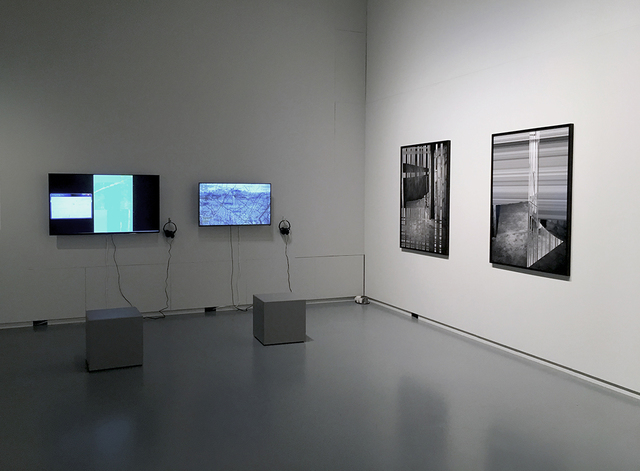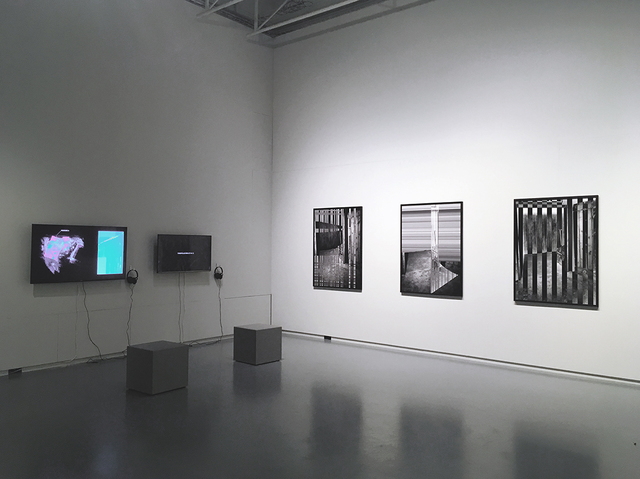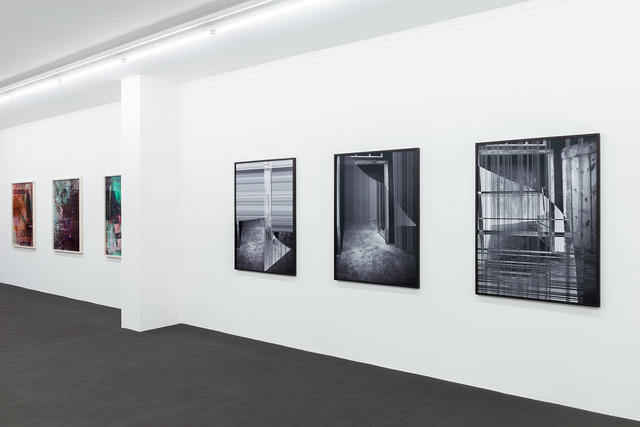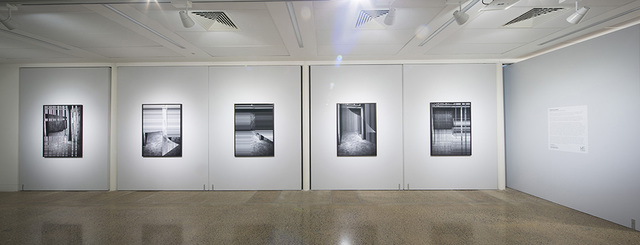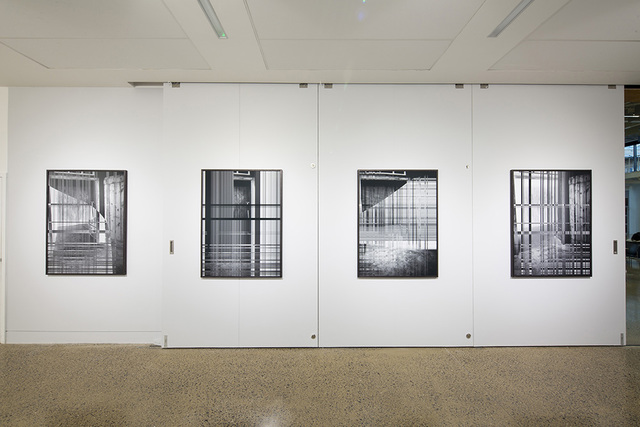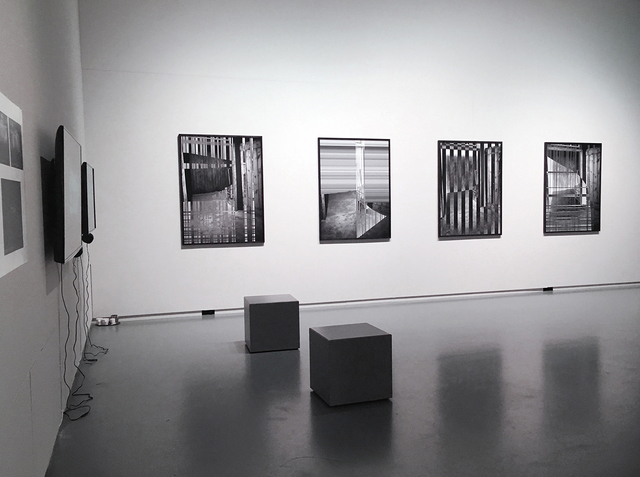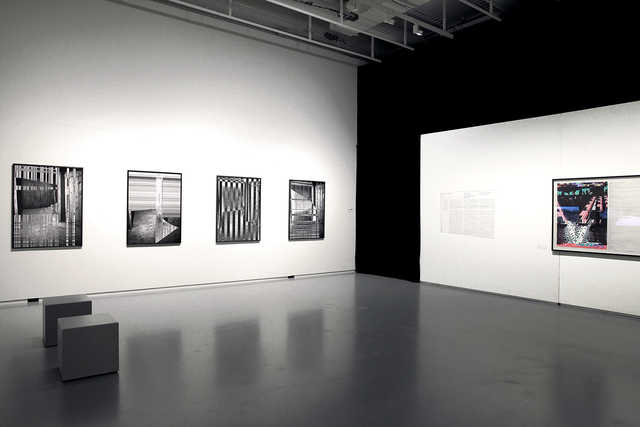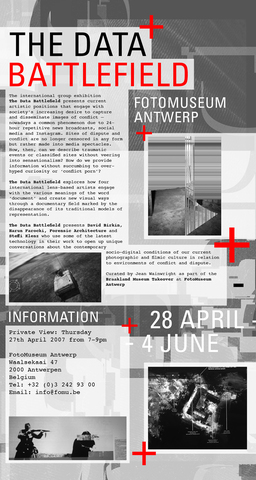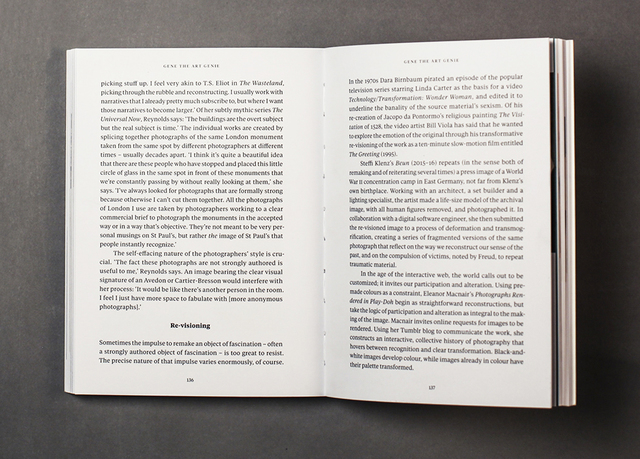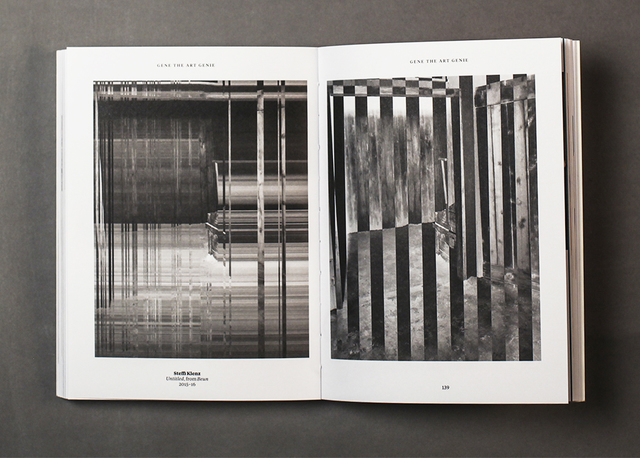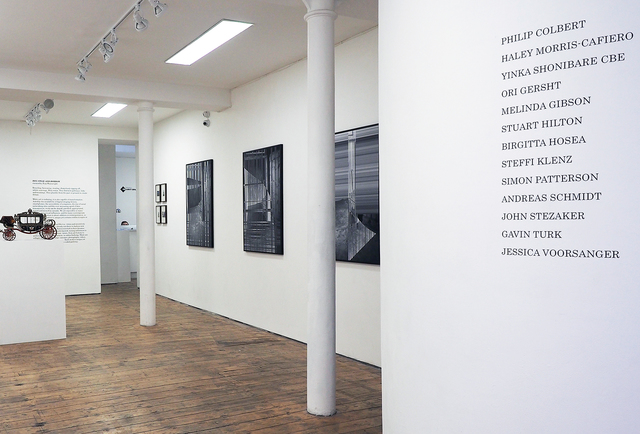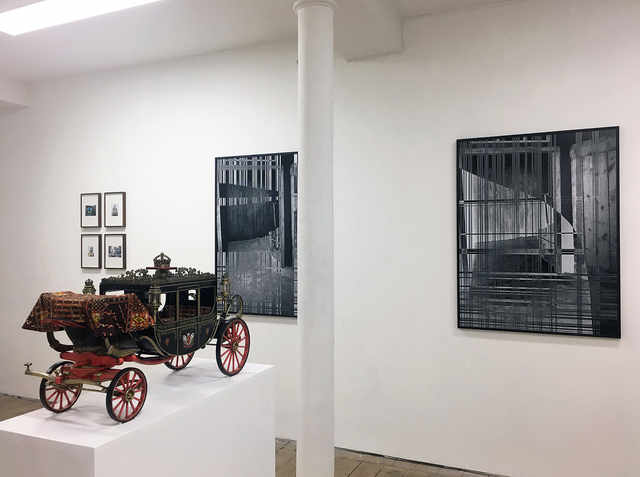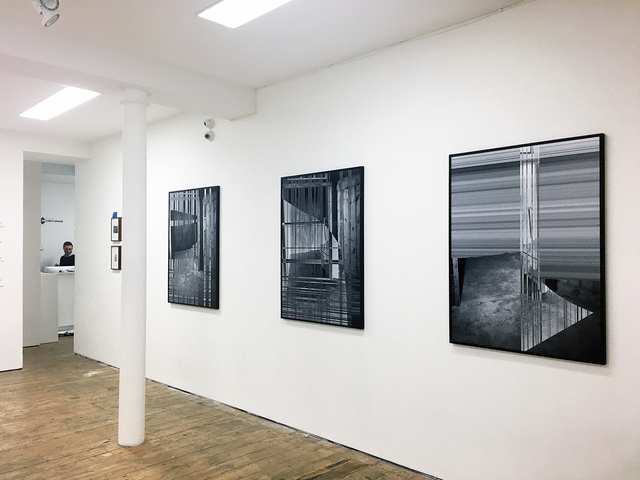Beun
Klenz, Steffi (2015) Beun. [Exhibition/show, Photography]
3355:85497
3355:85498
3355:85499
Beun at 'Settings, Resettings, Repeat' solo exhibition, Kehrer Gallery, Berlin, Germany
Download (590kB) Preview3355:85515
3355:85516
3355:88611
3355:88612
3355:88613
3355:88653
Beun in 'Beg, Steal & Borrow: Artists against Originality' by Robert Shore, pp. 136-138, Laurence King Publishing, October 2017
Download (585kB) Preview3355:88654
Beun in 'Beg, Steal & Borrow: Artists against Originality' by Robert Shore, pp. 136-138, Laurence King Publishing, October 2017
Download (505kB) Preview3355:113007
3355:113008
3355:113010
Actions (login required)
 |
Edit View |
University Staff: Request a correction | UCA Research Online Editors: Update this record
